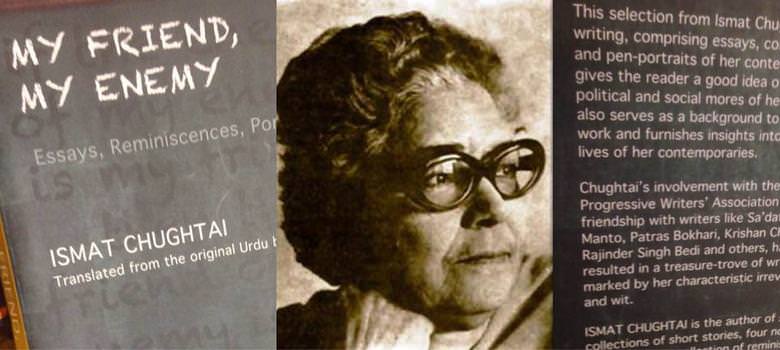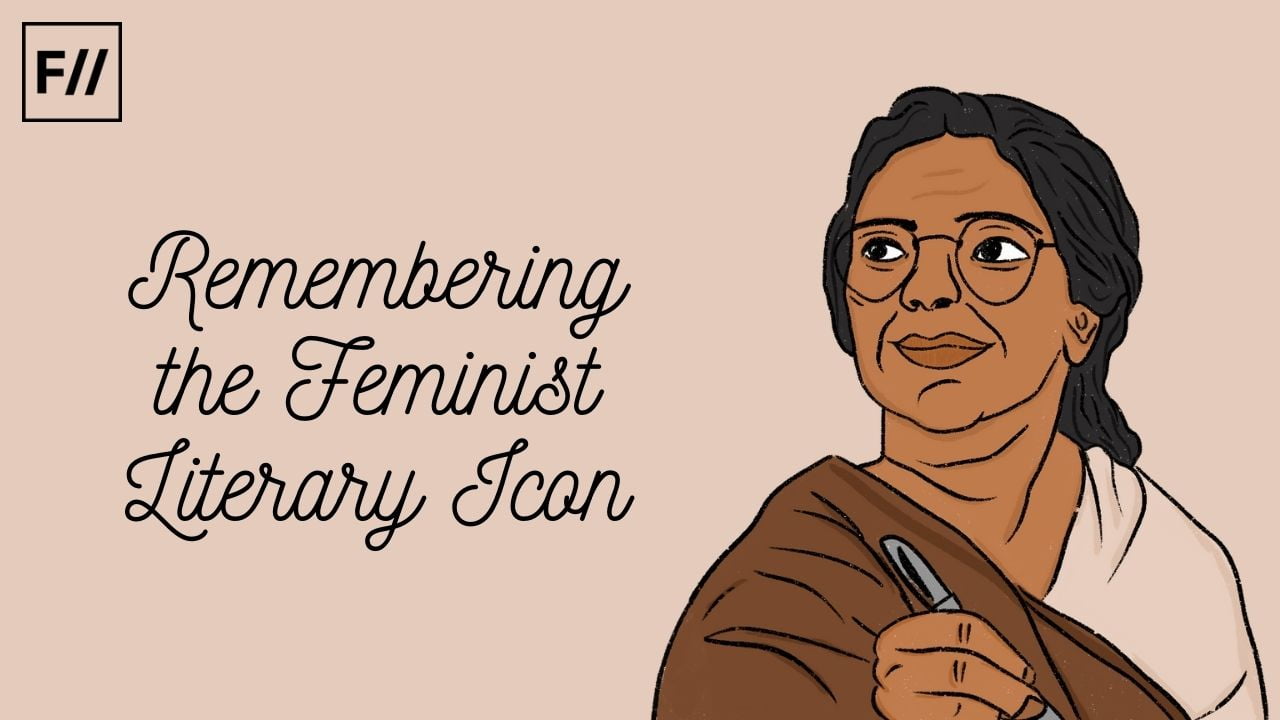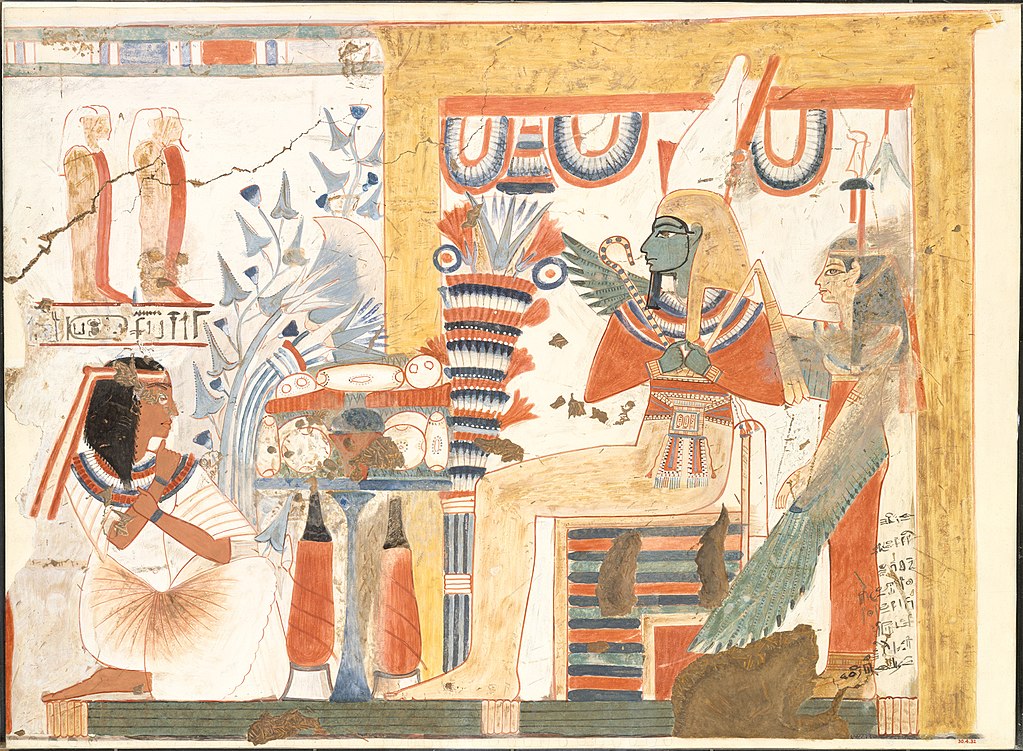Scratching the surface of morality to lay out the frustration, the agony, the exploitation and the longings of women in the Muslim households, Ismat Chughtai was one of those first few writers who challenged the exploitative patriarchal structures by writing about certain ‘forbidden’ topics that people chose to put under the carpets; topics that were precisely the ‘question of silence.’ She was amongst one of the most accomplished and progressive Urdu fiction writers of the 20th century, whose writings were bold, fierce and stunningly evocative.
Chughtai wrote during the times when women writings; writings about women, and for the cause of women was seen as something that transgressed the boundaries of morality and respectability. She was unafraid and a non-conformist, and developed the markings of feminism through her iconoclastic writings for Urdu literature.
She was appalled by the set patterns of society and chose to rebel and question not just male privilege but heterosexual privilege. She also questioned the male-dominated and monopolised interpretations of religion which promotes control of women’s sexuality.
Like her contemporaries, Rajinder Singh Bedi, Krishan Chander and Saadat Hasan Manto, Chughtai was greatly influenced by Western writers of the 19th century, which is the reason the themes of sexuality are so prevalent in her writings, and imply her conscious selection of the same. She specifically focussed on the middle class of the Muslim household, and penned down the unspeakable realities of the hypocritical society.
Belonging to ‘The Progressive Writers Movement’ which aimed at bringing non-conventional issues of immediate importance, Chughtai considered herself a part of that group and the joint movement for which it stood for. Ismat was highly influenced by Rasheed Jahan who was also a part of the group and was a doctor by profession. Rasheed Jahan was immensely interested in women’s writings for women from a women’s perspective and was against the idea of those husbands who treated their wives either as reproductive machines or as glorified servants. Rasheed wrote a number of plays and short stories and Ismat remained in her influence throughout her writing career.

However, she soon began to notice the patriarchal oppression of feminine expression and sensibilities within the group, and when it was declared at a conference that the writers who wrote about farmers and workers were the real writers, she questioned whether she was a writer or not because she never wrote about these issues. When being told that she isn’t, her integrity did not allow her to bow before the uncompromising and rigid nature of the movement, which clearly was trivialising women’s issues. She refused to be dictated and carved her own path.
When ‘Lihaf‘ came out in the year 1942, a topic which was never even acknowledged an existence in a polite society, created a lot of controversy in her life. The narrative not only talks about women’s sexual desires and sets a foreground for it, but also makes a deliberate and conscious effort to talk about an alternate sexuality, an idea that went against the conventional heterosexual behaviour. This was Ismat’s way of giving a vent to the voice of repressed female sexuality that was submitted to the men’s oppressed ways, and certainly was a brave exploration of the alternative ways through which women can redeem them in a sexually repressive patriarchal world. It was quite ironic that the kind of attitude of the male dominated society that Chughtai used to scoff at, also became the reason for her to be summoned by the court on the charges of alleged ‘obscenity’ in her short story ‘Lihaf‘. When questioned about ‘obscenity’ in her stories in an interview, she said
In my stories I’ve put down everything with objectivity. Now, if some people find them obscene, let them go to hell. It’s my belief that experiences can never be obscene if they are based on authentic realities of life. These people think that there is nothing wrong if they can do things behind the curtains…All of them are halfwits. I wrote about a women’s loneliness who had all the worldly comforts but who was deprived of her husband’s company. I want to portray her tension and desperation.
A women is not born but made by the constant losses she acquires in the social, economic and political world, and Chughtai clearly brings this psyche through her writings.
We also witness the tale of sexual exploitation of women in Nawabi families in her story ‘Badan ki Khushboo‘, whereas stories like ‘Til‘ revolve around female sexuality and sexual needs of women. In a society where marriage is the ultimate meaning of women’s existence, stories like ‘Chauthi Ka Jora’ give a peek into a culture that promotes mismatched unions and treat women as objects. Her works are enjoyable because they make space for the expression of wry humour, which becomes a part of the ‘incivility’ that Chughtai wanted to project in her writings. The gendered spaces of the society, where women are identified as wives and mothers throughout their lives, writers like Chughtai reconfigure such spaces to shun these identifications, throwing light to the dull and faded integrity of women.
She used wonderful metaphors and imagery to derive a heroic approach to writing, which still attracts and invites a lot of feminists to draw inspiration and edge from her works and approaches. In her autobiography she says,
And now it’s important that we develop self-confidence. And only progressive literature can produce self-confidence. It will be disappointing if our writers don’t use their pen for the betterment of the common people, because if writers, journalists and thinkers turn away from present-day circumstances and write merely for personal gain, their work will lack vigour and anything that is lifeless is not meaningful. – Yahaan se Wahaan Tak
Ismat Chughtai didn’t do much writing after the sixties. Her works, however, are still relevant to this date and no studies of progressive Urdu Literature and feminist theories are possible without a study of her works. Her life was a commitment to truth and passion, and she stood against all odds to defy the stereotypes and prejudices of society against women. She left a benchmark for feminist literature, and is truly an icon of brevity whose works stand testimony to the fact that they delve into those issues that disturb and agitate us, and force us not to turn a blind eye towards them.
Also read: 5 Ismat Chughtai Stories That Highlight Women’s Issues Pertinent Today
References:
1. Sexuality in the time of Sobriety
2. Essay: Ismat Chughtai: her life, thought and art
3. Ismat Chughtai—A Tribute
4. Aamer Hussein reviews Ismat Chughtai’s Short Stories
5. The Begum’s Speech: Ismat Chughtai was not just a provocative writer who wrote about women
6. Gender, Self-Representation and Sexualized Spaces: A reading of Ismat Chughtai’s Lihaaf
About the author(s)
Tatsita is a postgraduate in Public Policy and Governance from Azim Premji University. A film and cultural studies enthusiast, Tatsita is fascinated by the Marxist, Post-Structuralist, Post-Modernist and Psychoanalytic school of thoughts to understand the idea of power in complex human relationships as well as oppressive social structures around gender and caste. Her interests also include film editing, sociology of law and intersectionality of urban housing patterns in India. She can be found on Twitter.




